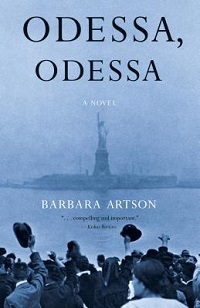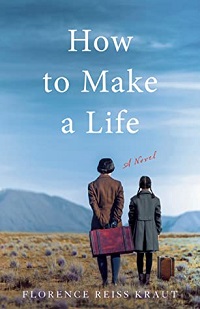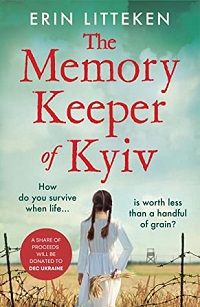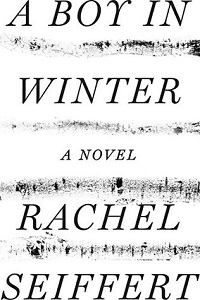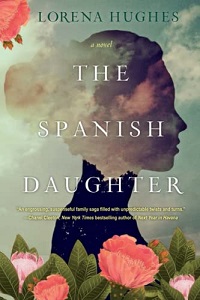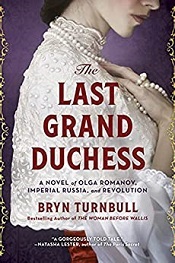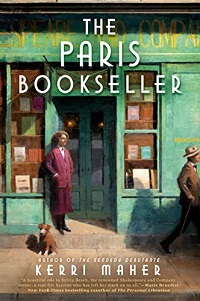~
Toto Koopman—Model and Spy
Maryka Biaggio
Some years ago, I came across a biography of Toto Koopman, a woman largely unknown today. The Many Lives of Miss K by Jean-Noël Liaut was originally published in France. It’s a slight biography, covering all of Toto Koopman’s life in 230-some pages, and opens with this:
‘It’s Mademoiselle! I never wanted to marry,’ countered Catharina ‘Toto’ Koopman to anyone who dared to address her as Madame. It was the same answer she gave throughout her life, a long life of adventure, peril, conflict and intrigue; a life where petty rancor and timid imagination had no place and simplistic dualism had no voice—the extraordinary journey of a beguiling woman.
I was hooked. Thus began my quest to fashion a novel about Toto’s World War II ventures.
Toto was arguably the first woman to spy for the British Intelligence Service. Her life is not well documented, and she left no letters or diaries. That presented challenges and opportunities for me as a writer. I wanted, as much as possible, to accurately portray her experiences during the war, but I had little to go on. I spent over five years chasing down the clues nested in her biography and immersing myself in fiction and nonfiction about Italy’s fractured politics, Mussolini’s reign, the economic state of Italy leading up to and through the war, Mussolini’s son-in-law and Foreign Minister Galeazzo Ciano, female spies, and Allied strategies in the European theater.
Toto Koopman was born in Indonesia to a Dutch father and Indonesian mother. Educated in Holland and London, she had it all—beauty, brains, and fame. She took up the life of a bon vivant in 1920s Paris and modeled for Vogue magazine and Coco Chanel. Fluent in six languages, she was adventurous and daring. Still, I wondered, why did she walk away from a successful modeling career—and the prospect of an even more successful career in the nascent but burgeoning film industry of the 1930s? I had to answer this question if I was going to accurately portray her immersion in the world of espionage.
In the mid-1930s, Toto left Paris for London, where she attracted the attention of Lord Beaverbrook, the William Randolph Hearst of England. She soon became his confidante, companion and translator, traversing Europe and finding herself caught in the winds of impending war. Beaverbrook introduced her to influential people, including a director at the British Intelligence Service, who schooled her in espionage.
On the eve of World War II, Toto gave up her exciting and comfortable life in London and moved to Florence. There she joined the Italian resistance and began sending intelligence to London. This was not without significant risks—she was a public figure, photographed by some of Europe’s most famous photographers, and featured in social columns in London, Paris, and Berlin newspapers. Biracial, elegant, and vivacious, she could not simply melt into anonymity.
Toto Koopman obviously held strong beliefs about the war effort. I believe that her childhood experiences with prejudice and her tutelage in world politics under Beaverbrook ignited a fervent interest in the hate-mongering and authoritarian movements sweeping the Continent at that time. This I considered the key to her decision to spy. But that didn’t mean she would have an easy time of it. As she bravely took up the role of spy, Mussolini’s Blackshirts and the Nazi’s military intelligence pursued her. Operating in the hotbed of Mussolini's Italy, she courted danger every step of the way. And as the war entered its final stages, she faced off against the most brutal of forces—the Abwehr, Germany's Intelligence Service. It was not easy to write about her harrowing experiences, but it was worth the effort. Toto was one of the many brave souls who fought the good fight and sacrificed much to see the Allies through the darkness of that terrible war.
~
Maryka Biaggio, Ph.D., is a psychology professor turned novelist who specializes in historical fiction based on real people. Her most recent novel, The Model Spy, is based on the true story of Toto Koopman, who spied for the Allies and Italian Resistance during World War II. Her website is www.MarykaBiaggio.com, and for more information on the novel, please check out the book trailer.








